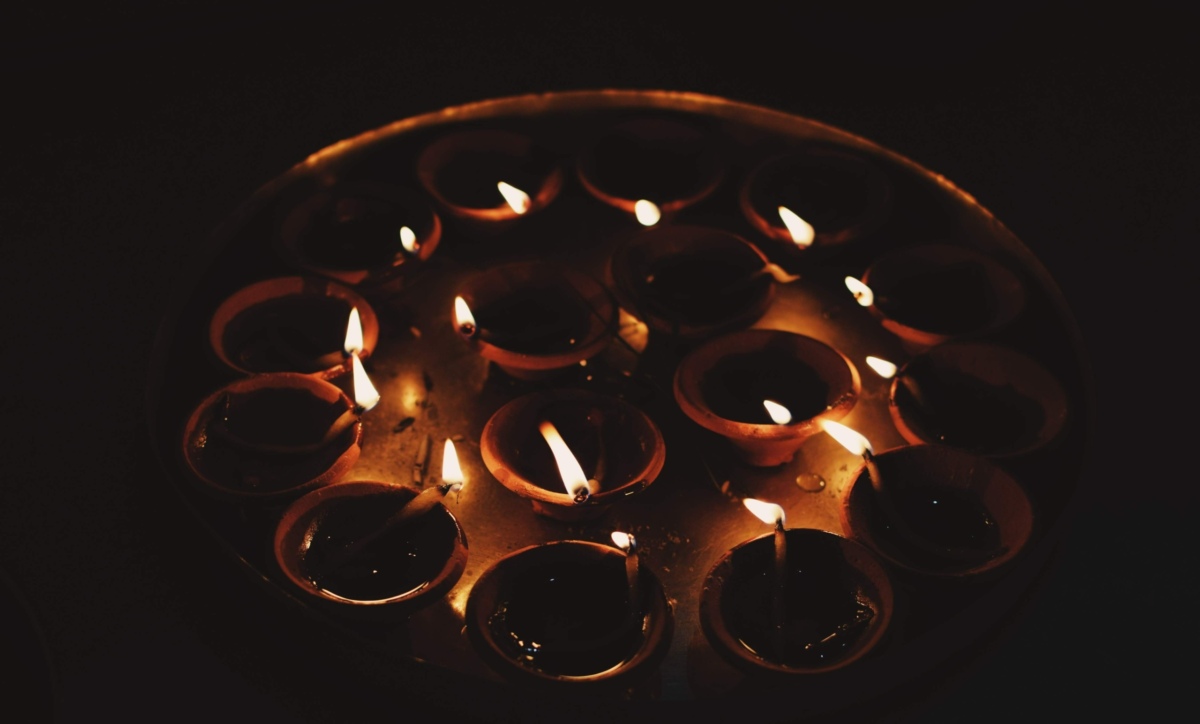Hinduism
Hindus believe in reincarnation. According to the Vedas, a collection of revered Hindu texts, all beings are souls and thus spiritual in nature. Though the body is temporary and eventually dies, the soul is eternal. When a person dies their soul merely moves from one body to the next on its path to reach Nirvana (Heaven). So, while it is a sad time when someone dies, it is also a time of celebration.
Preparing
The condition of one’s consciousness at the moment of death is considered very important in determining the state of the next life. Because of this, it’s traditional for Hindus to die at home, where they can be more easily surrounded by family and friends who can help create a spiritual atmosphere conducive in helping a soul depart the body in an auspicious manner.
Hindu funerals
The deceased will be bathed and dressed in white traditional Indian clothing. If a woman dies before her husband she will be dressed in red. The procession might pass by places that were important to the deceased. Prayers are said at the entrance to the crematorium. The body is decorated with sandalwood and flowers. Someone will read from the scriptures. The head mourner is usually a male or the eldest son and he will pray for the body’s soul.
Hindu cremations
Hindus are cremated as they believe burning the body releases the spirit. After cremation, the ashes are laid in the Ganges, or one of India’s other sacred rivers, bringing a complete end to the physical body, as well as symbolizing the soul being transported to an auspicious next life. For the many Hindus who can’t get to the Ganges, loved one’s ashes can be laid in any other river or body of water.
After death
A priest will purify the family’s home with spices and incense. A mourning period begins during which friends and relatives can visit the family and offer their sympathies. After the funeral mourners must wash and change their clothing before entering the house. For about 10 to 13 days the family mourns the deceased, and customarily remain at home where they can fully and freely express their grief.
One year later Shradh occurs. This is either a one-off event or may become an annual event. Shradh is when food is given to the poor in memory of the deceased. Shradh lasts one month and a priest will say prayers for the deceased; during this time the family will not buy any new clothes or go to any parties.
Share your experience
From your experience, is there other information that would be relevant to include on this page? Please email us.
Hinduism in NZ
Hinduism is one of the fastest-growing religions in New Zealand. According to the 2018 census, Hindus form 2.65% of the population of New Zealand. There are about 123,534 Hindus in New Zealand.
